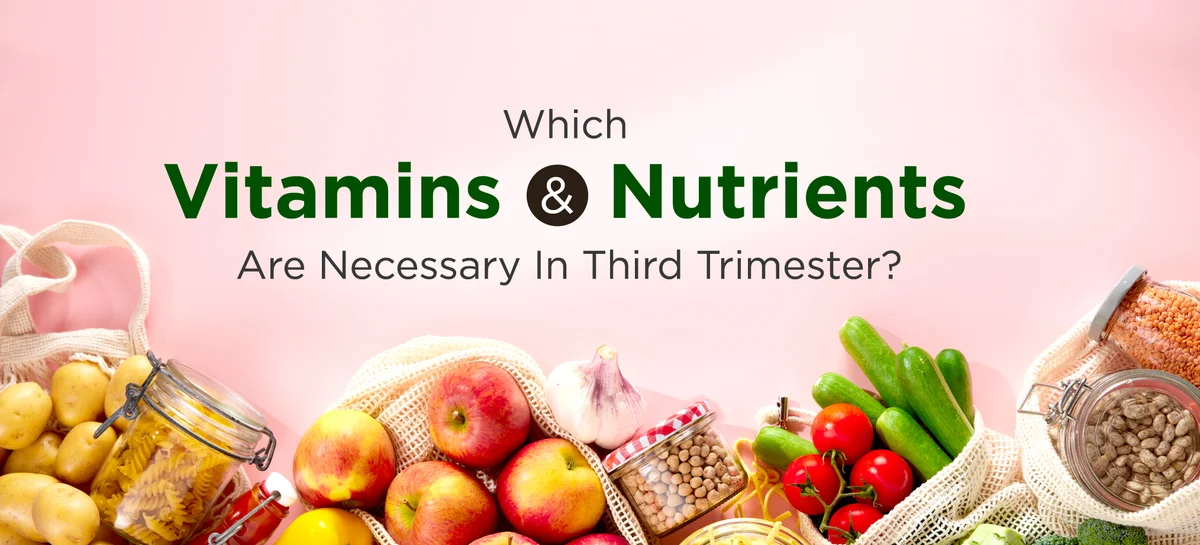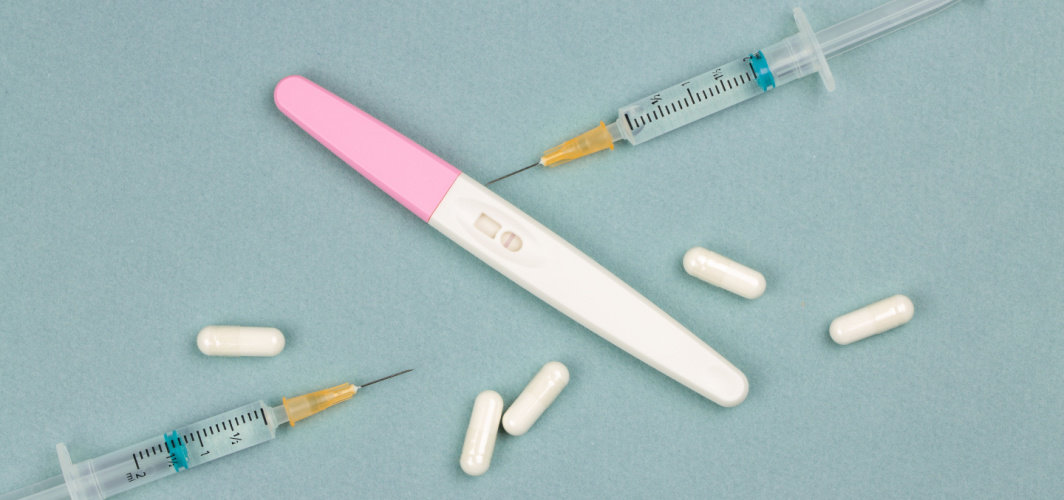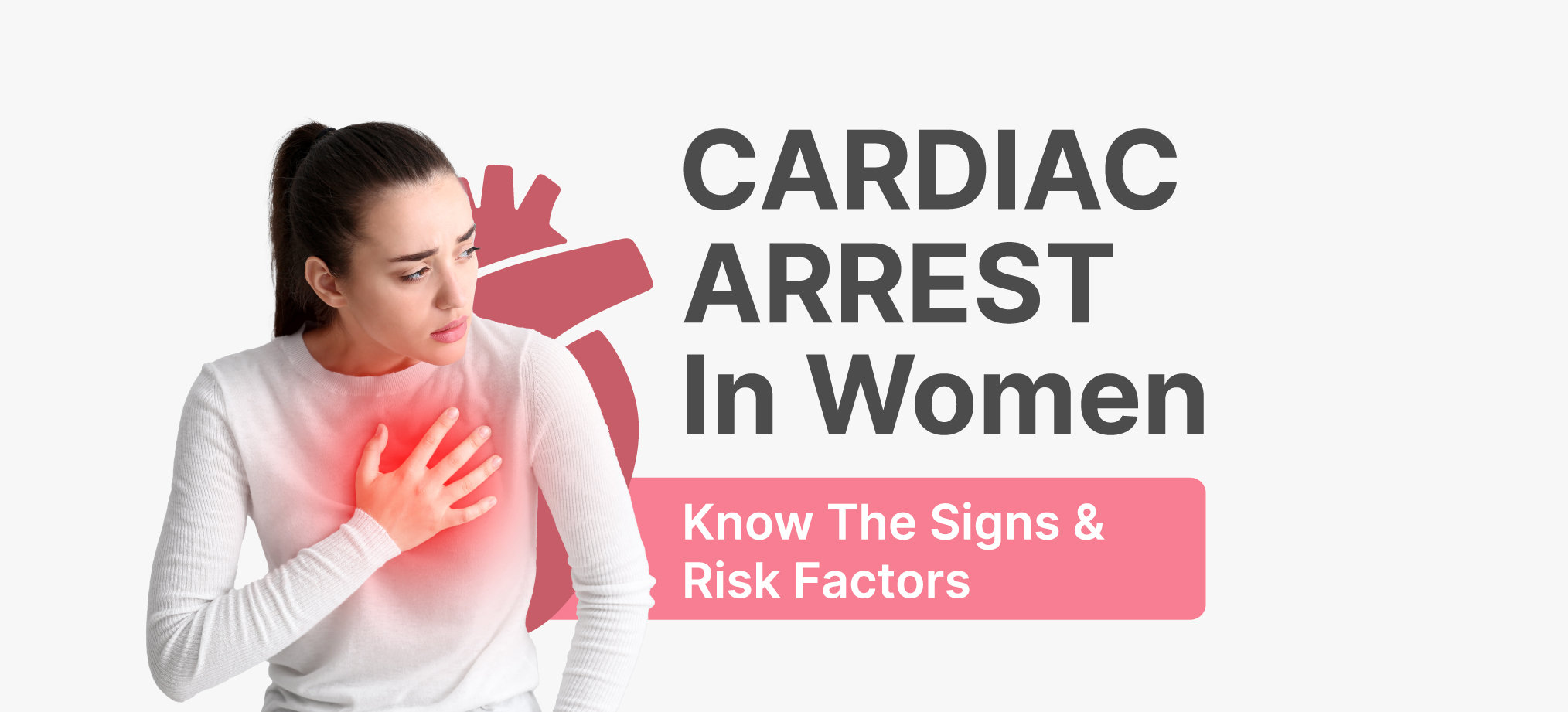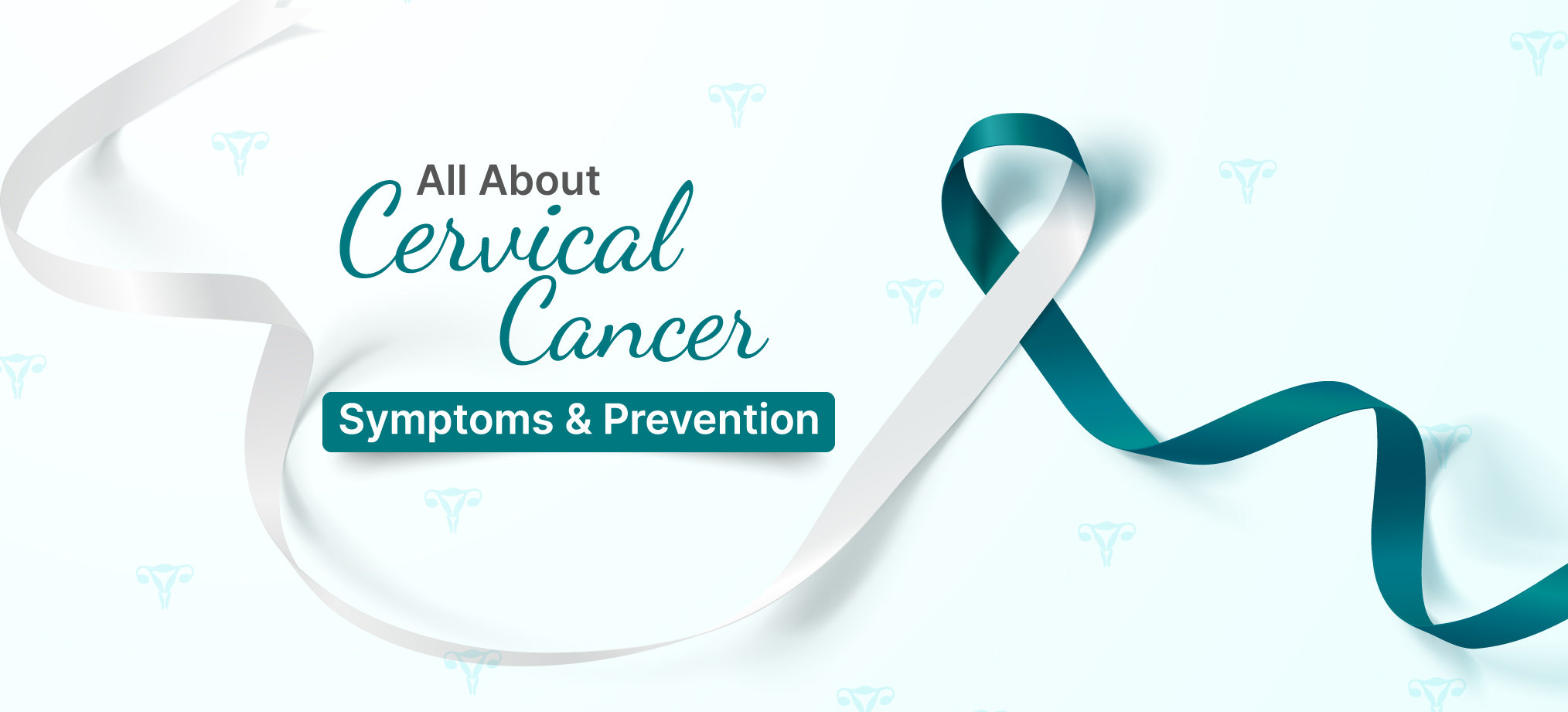- Home
- Blog
- Women Care
Third Trimester Diet: Here’s What To Eat And What To Avoid
Women Care
Third Trimester Diet: Here’s What To Eat And What To Avoid
By Apollo 24|7, Published on- 23 March 2023, Updated on -20 July 2023
Share this article
0
0 like

The third trimester of pregnancy starts from the 28th week and extends till childbirth. During this phase, the baby’s brain keeps on developing, while other vital organs such as the lungs and kidneys continue to mature. With so much happening all at once, it is essential to meet the necessary nutritional requirements for the child. In general, expecting mothers need around 450 extra calories every day during the third trimester. Here are some foods that women in their third trimester can eat and avoid to ensure the well-being of their babies.
Foods to Eat During the Third Trimester of Pregnancy
During the third semester, a pregnant woman needs to get a healthy balance of vitamins, minerals, fibre, and other essential nutrients. Try adding foods rich in the following nutrients to your diet during this phase of your life.
1. Iron
Not meeting the recommended iron intake can cause anaemia, which can cause fatigue, dizziness, and bleeding during delivery. Moreover, iron is vital for helping your red blood cells supply the baby with oxygen. Some of the iron-rich foods you should add to your diet include:
- Dairy products
- Eggs
- Wheat bran
- Lean meat
- Seafood
- Poultry items
- Spinach
- Nuts and seeds
- Beans like white beans & kidney beans
- Lentils
- Peas
- Fortified bread and breakfast cereals
2. Protein
It helps in maintaining your blood glucose levels and is essential for the formation of your baby’s body. It also helps both you and your baby’s body create red blood cells. Here are some protein-rich foods to include in your diet during the third trimester.
- Fish
- Lean meat
- Legumes
- Seafood
- Cheese
- Poultry items
- Lentils
- Egg whites
- Nuts and seeds
- Beans
- Soy products
- Peas
3. Folic Acid
It helps ensure proper foetal growth and reduces the chances of low birth weight. Moreover, folic acid and folate protect your baby against the spinal cord and brain issues known as neural tube defects. These nutrients also help the placenta grow, which is essential to provide nutrition to the baby. Some healthy foods loaded with folic acid include:
- Spinach
- Oranges
- Peanuts
- Nuts
- Beans
- Peas
- Fortified breakfast cereals
- Flour
- Cornmeal
- Rice
4. Magnesium
It is required by your body for the absorption of calcium and the repair of damaged tissues. Increasing magnesium intake also reduces the risk of preterm labour and provides relief from muscle cramps. Some of the foods packed with magnesium to add to your diet include:
- Pumpkin seeds
- Almonds
- Oats
- Barley
- Beans
5. Vitamins C, B6, and B12
These essential vitamins play a key role in placental growth and the development of your baby’s musculature. Vitamin C helps in the absorption of iron from supplements and plants. Vitamin B6 is a vital nutrient for the development of your baby’s brain and red blood cells. Vitamin B12 also helps create red blood cells and keeps your nervous system strong. To get these vitamins, you can add these foods to your diet:
- Oranges
- Bananas
- Sweet lime
- Carrots
- Chickpeas
- Almonds
Foods to Avoid During the Third Trimester of Pregnancy
In addition to including the above-mentioned foods in the diet, it's also advisable to cut out or reduce the intake of certain foods during the third trimester of pregnancy. These foods include:
1. Salt
Avoid eating too much salt. This can be done by cutting out fried and processed foods.
2. Raw Vegetables
Uncooked or raw vegetables can result in gas problems, which can be quite problematic in the third trimester of pregnancy.
3. Spicy Food
Too many spices can lead to heartburn and indigestion during pregnancy. So, it's best to avoid spicy food during the third trimester.
4. Raw Fish
It’s best to avoid raw fish and shellfish including sushi, ceviche, scallops, clams, oysters, and sashimi as they can result in severe infections.
5. Undercooked Meat and Eggs
During pregnancy, you are at a higher risk of getting bacterial food poisoning and the reaction might be more severe than usual. Sometimes, food poisoning can also affect the baby. Eating undercooked meat, eggs and poultry items increases this risk.
6. Caffeine
Doctors usually recommend that you limit your caffeine intake to less than 200 mg per day during the entire pregnancy.
Make sure to get your doctor to sign off on your diet chart. Your doctor will be able to help you create a diet plan that offers you the best possible nutritional value.
Consult Apollo's Expert Gynaecologists
Medically reviewed by Dr Sonia Bhatt.
Services
Women Care
Leave Comment
Services
Recommended for you

Women Care
Laparoscopy For Infertility: Procedure, Uses And Recovery
Discover laparoscopy for infertility: Learn about the procedure, uses, recovery, and potential for achieving pregnancy. Get informed today!

Women Care
Are Women Less Likely To Survive Cardiac Arrest Than Men?
The cardiac arrest survival rate in women is lower than that of men due to factors like menopause, hormonal imbalances, anatomic differences and misdiagnosis. Reducing the risk of cardiac arrest involves living a healthy lifestyle and prompt medical attention.

Women Care
Cervical Cancer Guide 101: Symptoms, Screening and Prevention
Cervical cancer usually doesn’t show any symptoms until the later stages and is often mistaken for urinary tract infections. Regular screening tests like pap smears are essential to detect and prevent this disease. This article determines the symptoms, screening tests and prevention of cervical cancer.
Subscribe
Sign up for our free Health Library Daily Newsletter
Get doctor-approved health tips, news, and more.


